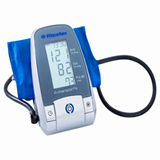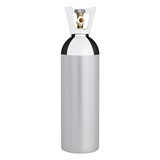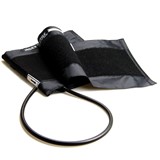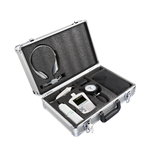Professor Kevin Dew at Victoria University of Wellington in New Zealand, says evidence suggests that, for many, the pressure to work when sick is intense and more effort is needed to prevent this health debilitating behaviour.
Presenteeism is more common in certain occupations, particularly those that involve caring and teaching, and is higher for those who have greater responsibility for patient care, he writes.
Similarly, workers who lack back-up, and for whom work accumulates while they are absent, are more inclined to practise presenteeism.
Other work related factors that foster presenteeism include working in teams where expectations to be present are high, limited sick leave entitlements, high job demands, low levels of job satisfaction, fear of dismissal, and concerns about promotion opportunities.
Certain medical conditions like depression and migraine are also linked with presenteeism because they are not seen as legitimate reasons for absence.
Evidence shows that presenteeism increases illness, including musculoskeletal pain, fatigue, depression, and serious coronary events. It also leads to exhaustion which, in turn, leads to more presenteeism.
In healthcare settings, presenteeism poses a particular concern because of the spread of infections, so preventive measures are taken, but Professor Dew argues that less attention has been paid to presenteeism and its prevention in other occupations.
"Presenteeism should be taken seriously if we are concerned with occupational health or workplace productivity," he says. "Presenteeism is a complex phenomenon that needs to be approached from several different levels including workplace culture, workplace policies, and carefully considered interventions from health practitioners."
He suggests that senior staff can help by discouraging over-commitment to work and encouraging workers to allow sufficient recovery time from sickness. Workers with poor health should receive special attention to avoid presenteeism, he adds, because they are likely to have fewer resources to call on to resist its negative impact.
He concludes: "Managers and occupational physicians need to be alert to the findings that even though presenteeism may have some positive effects in the short term … it is likely to be negative in the long term."













